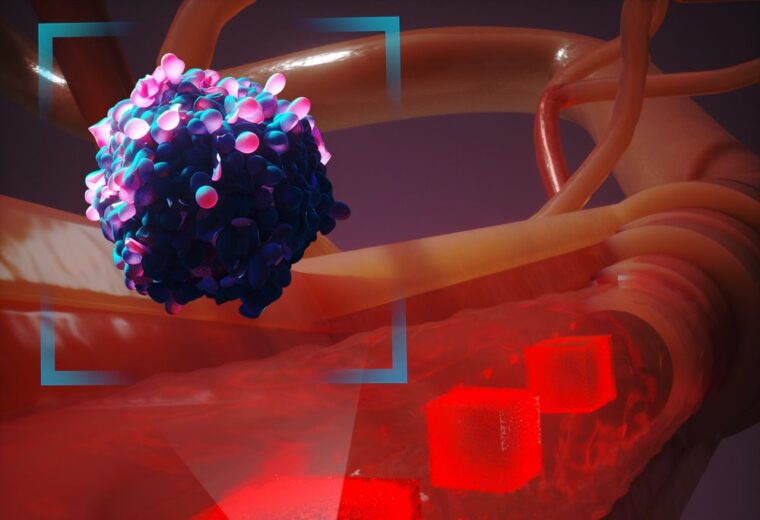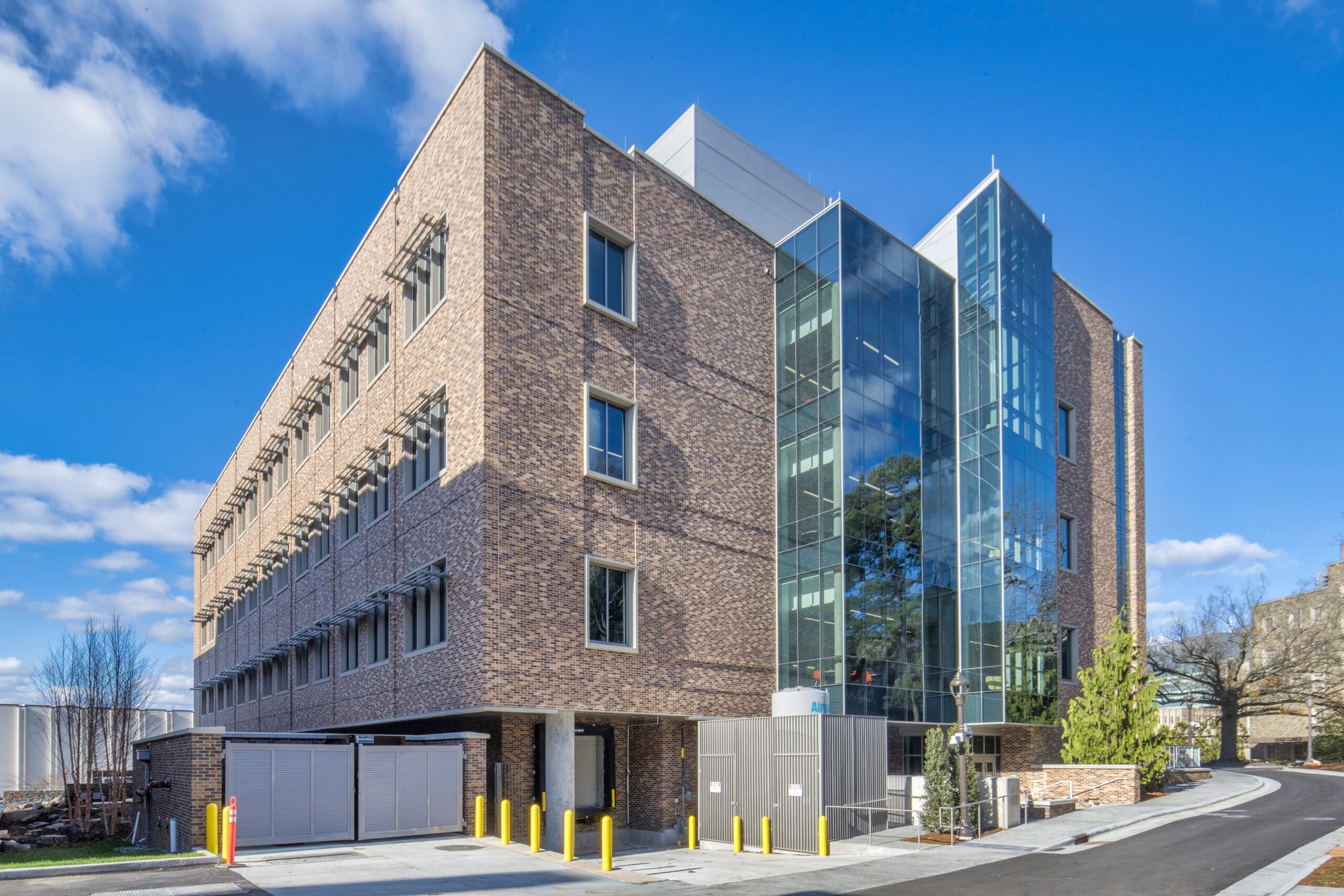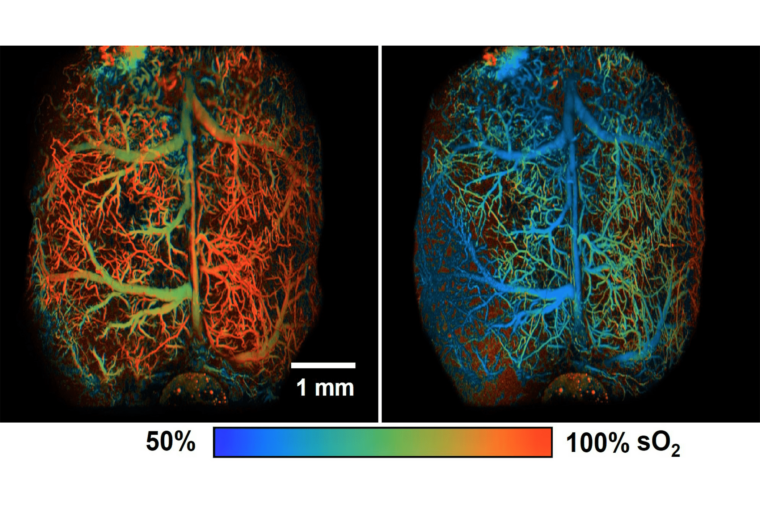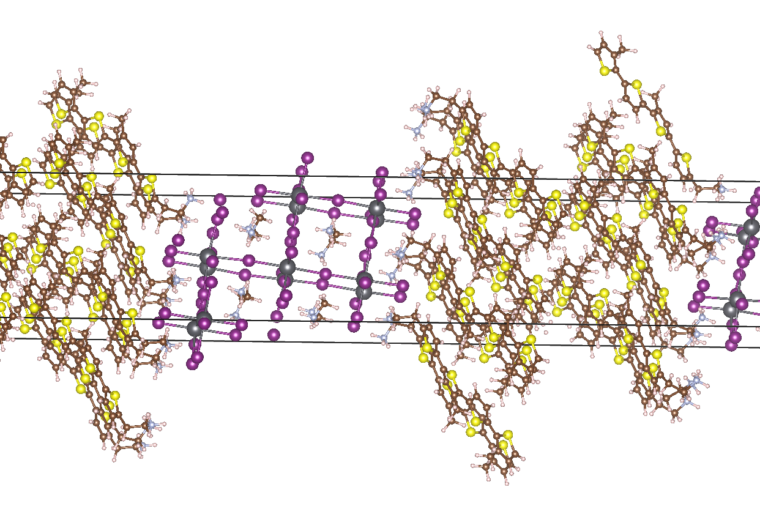
Seeing Cancer’s Spread Through a Computational Window
Computational model allows researchers to simulate cellular-scale interactions across unprecedented distances in the human vasculature

Computational model allows researchers to simulate cellular-scale interactions across unprecedented distances in the human vasculature

A new “digital twins” computational framework captures personalized arterial forces over 700,000 heartbeats to better predict risks of heart disease and heart attack

By learning to anticipate property differences between molecules, the new Deep Delta platform can help identify the best candidates for new therapies

With two NIH Awards totaling $2.8 million, Daniel Reker of Duke BME will design machine learning models to improve the development of more effective drug delivery tools.

By drawing on the depth and breadth of expertise across Duke, Amanda Randles hopes to transform the university into a powerhouse in computational medicine

BME Professor Charles Gersbach has discovered a single master regulator of the genome that can be used to reprogram a network of thousands of genes in T cells to better treat cancer

A CRISPR-based platform identified many genes that could potentially improve T-cell therapies for cancer treatment

BME Professor Jonathan Viventi’s speech prosthetic might one day help people unable to talk due to neurological disorders regain the ability to communicate through a brain-computer interface.

Discover how a Duke-wide effort through Bass Connections is working to develop a new way of assessing brain injury with community partners

Study reveals the common heart attack drug can negatively affect the brain’s vasculature system in a surprising manner

Through a National Institutes of Health Innovator Award, Samira Musah will explore how to repair damaged kidney cells

Collaboration between Duke and Purdue explores the fabrication and optoelectric characterization of multilayered perovskites